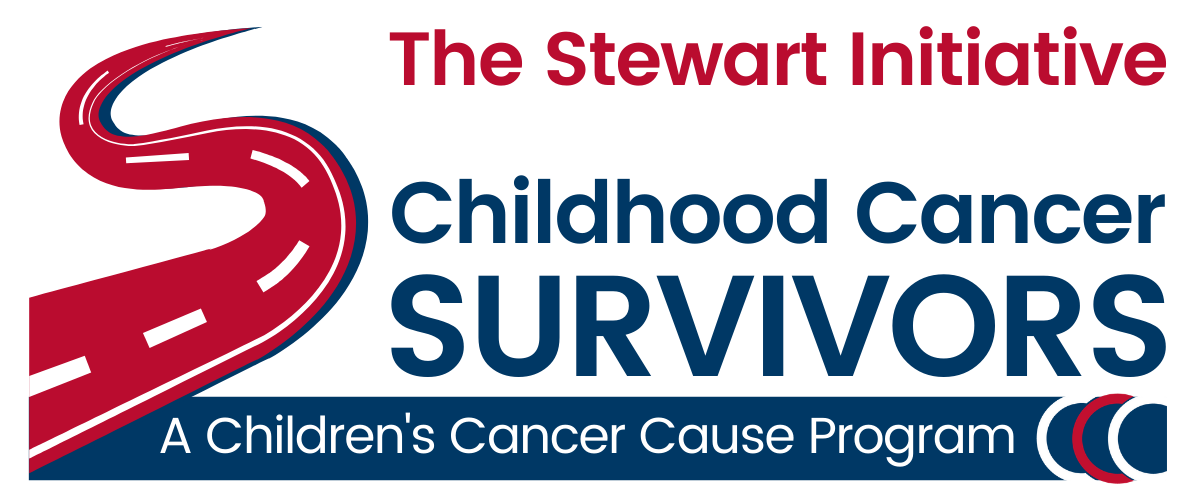Survivors should have a thorough record of their treatment, also known as a Treatment Summary or a Summary of Care. A 2020 study by Ford et al. found that fewer than 20% of adult survivors of childhood cancer have a treatment summary. It may not seem important now, but having this record may be critical as you get older.
This documentation should include:
type of cancer
severity
date of diagnosis
pathology report
key scans
complications experienced during treatment
clinical trial details
In addition to annual survivorship care visits - which you’ll learn more about in this course - you should identify a local primary care physician that you can visit for minor injuries and illnesses, and it is crucial for you to make sure this physician is fully briefed on your cancer history and has the contact information for your long-term follow-up team.
In our summer 2023 survey of young adult survivors of childhood cancer, 35% of respondents told us that their general practitioner (or other non-oncology doctor) is “rarely” or “never” up-to-date about the survivor’s prior cancer history and related follow-up needs.
-
Many survivors don’t worry about their records until they suddenly need them because of a new health problem that has popped up. Or perhaps you were treated a long time ago and your paperwork has been misplaced or lost along the way.
Whatever the reason, don’t panic! The important thing is that you’re ready now to get your records in order. If you or your parents don’t know where your records are, you may have to do some digging and it might take some time, but the right place to start is the cancer clinic or children’s hospital where you were originally treated. You’ll likely have to fill out some paperwork and there may be a fee associated with your request.
Different hospitals and states have different rules and regulations for how long medical records are kept. If - worse case scenario - some of your records no longer exist, keep pushing to find out who you can work with at the hospital (or survivorship clinic) to help you create a new file based on the information you do know.
